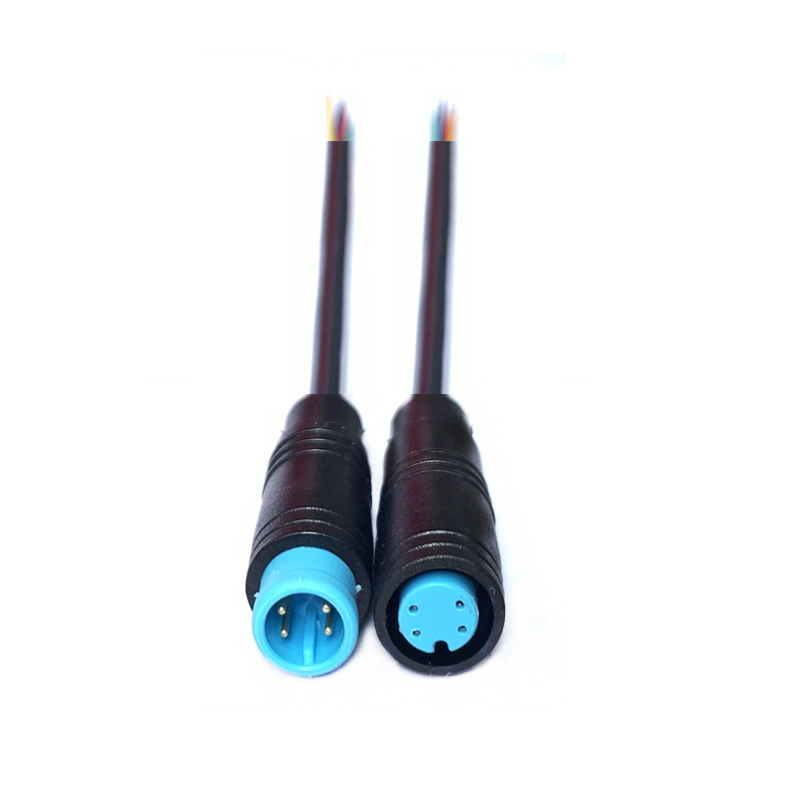News


News

Selecting the Right Waterproof Extension Cord Connectors for Construction Sites
Release time:2025-05-21
viewed:414
In modern construction environments, electrical safety and equipment durability are paramount. The waterproof extension cord connector plays a critical role in ensuring uninterrupted power supply while protecting workers from electrical hazards in wet or harsh conditions. With frequent exposure to rain, dust, and mechanical stress, choosing appropriate waterproof connectors directly impacts project efficiency and occupational safety. This article provides a comprehensive framework for selecting optimal waterproof extension cord connectors based on international standards, material properties, and practical application scenarios.

The Ingress Protection (IP) code is the primary indicator of a connector's waterproof capability. For construction sites:
IP67: Protects against temporary immersion (30 minutes at 1m depth) and dust penetration
IP68: Required for prolonged submersion or high-pressure water jets
Always verify the IP rating marked on the waterproof extension cord connector housing before purchase.
Premium waterproof extension cord connector feature:
Thermoplastic rubber (TPR) jackets for flexibility and crack resistance
Copper alloy contacts with nickel plating to prevent corrosion
Strain relief collars to prevent cable detachment during movement
Avoid PVC-only models that become brittle in extreme temperatures.
Match the connector's current rating (e.g., 15A/125V or 30A/250V) to tool requirements
Ensure compatibility with local voltage standards (110V/220V/480V)
Look for UL, CE, or TÜV certification for guaranteed safety
Twist-lock mechanisms prevent accidental disconnection
Color-coded housings simplify circuit identification
Self-sealing gaskets maintain waterproofing after repeated use
Pre-Use Inspection: Check for cracked housings or exposed wires before each deployment
Proper Sealing: Engage all locking rings until hearing an audible click
Storage Protocols: Hang coiled connectors in dry areas to prevent water pooling
Monthly Testing: Use megohmmeters to verify insulation resistance above 1MΩ
Common failures occur when workers force mismatched waterproof extension cord connectors together, compromising the seals.
Selecting appropriate waterproof extension cord connector requires balancing technical specifications, environmental demands, and workforce safety protocols. By prioritizing IP-rated components with robust mechanical designs, construction managers can significantly reduce electrical incidents while improving equipment longevity. Remember that investing in high-quality waterproof connectors ultimately lowers total project costs through reduced downtime and repair expenses.